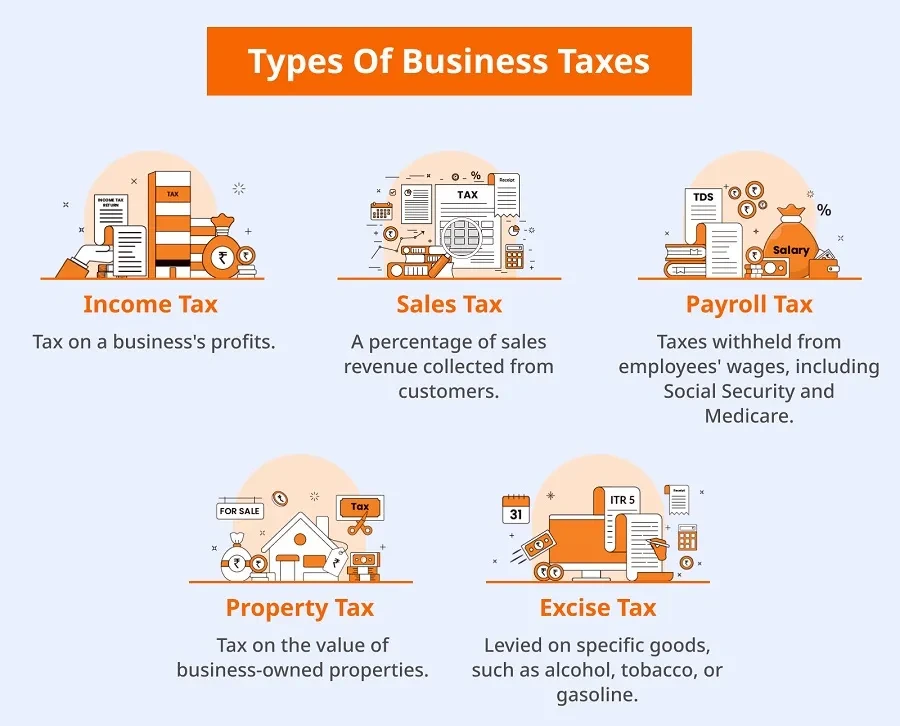
Understanding Business Taxes: What You Need to Know
- 0
As a tech entrepreneur, navigating the world of business taxes can be a daunting task. Whether you’re a startup founder or a seasoned business owner, understanding how taxes work is crucial for the success of your company. In this article, we’ll break down the basics of business taxes and provide you with the knowledge you need to stay on top of your tax obligations.
Types of Business Taxes
There are several types of taxes that businesses may be required to pay, depending on the structure of the business and the nature of its operations. Some of the most common types of business taxes include:
Income Tax: Just like individuals, businesses are required to pay income tax on their profits. The tax rate for businesses varies depending on the type of business entity.
Sales Tax: If your business sells goods or services, you may be required to collect and remit sales tax to the state government. Sales tax rates also vary by state.
Payroll Tax: Businesses with employees are required to withhold payroll taxes from employees’ paychecks and contribute a matching amount to Social Security and Medicare.
Property Tax: Businesses that own property, such as real estate or equipment, may be required to pay property taxes to the local government.
Excise Tax: Certain businesses, such as those in the alcohol, tobacco, or fuel industries, may be subject to excise taxes on specific products.
Choosing the Right Business Entity
One of the most important decisions you will make as a business owner is choosing the right business entity for your company. The type of entity you choose will not only impact how your business is taxed, but also your personal liability and ability to raise capital. Some common business entities include:
Sole Proprietorship: A business owned and operated by one individual, who is personally responsible for all debts and liabilities.
Partnership: A business owned by two or more individuals who share profits and losses, and are personally liable for the business’s debts.
Corporation: A separate legal entity owned by shareholders, with limited liability for owners and the ability to raise capital through the sale of stock.
Understanding Deductions and Credits
One of the keys to reducing your business tax liability is taking advantage of deductions and credits that are available to you. Some common deductions and credits include:
Business Expenses: You can deduct expenses that are necessary for the operation of your business, such as rent, utilities, and supplies.
Depreciation: You can deduct the cost of assets, such as equipment or vehicles, over time as they lose value.
Research and Development Credit: If your business engages in research and development activities, you may be eligible for a tax credit to offset those costs.
Staying Compliant with Tax Laws
It’s essential to stay compliant with tax laws to avoid penalties and legal troubles. Here are some tips to help you stay on top of your tax obligations:
Keep Detailed Records: Maintain accurate records of all your business transactions and expenses to support your tax filings.
Work with a Tax Professional: Consider hiring a tax professional to help you navigate the complexities of business taxes and ensure compliance.
Stay Informed: Keep up-to-date on changes to tax laws and regulations that may affect your business.
Conclusion
Understanding business taxes is essential for the financial health and success of your tech company. By knowing the types of taxes you may be required to pay, choosing the right business entity, taking advantage of deductions and credits, and staying compliant with tax laws, you can minimize your tax liability and focus on growing your business. Remember, when it comes to business taxes, knowledge is power.

